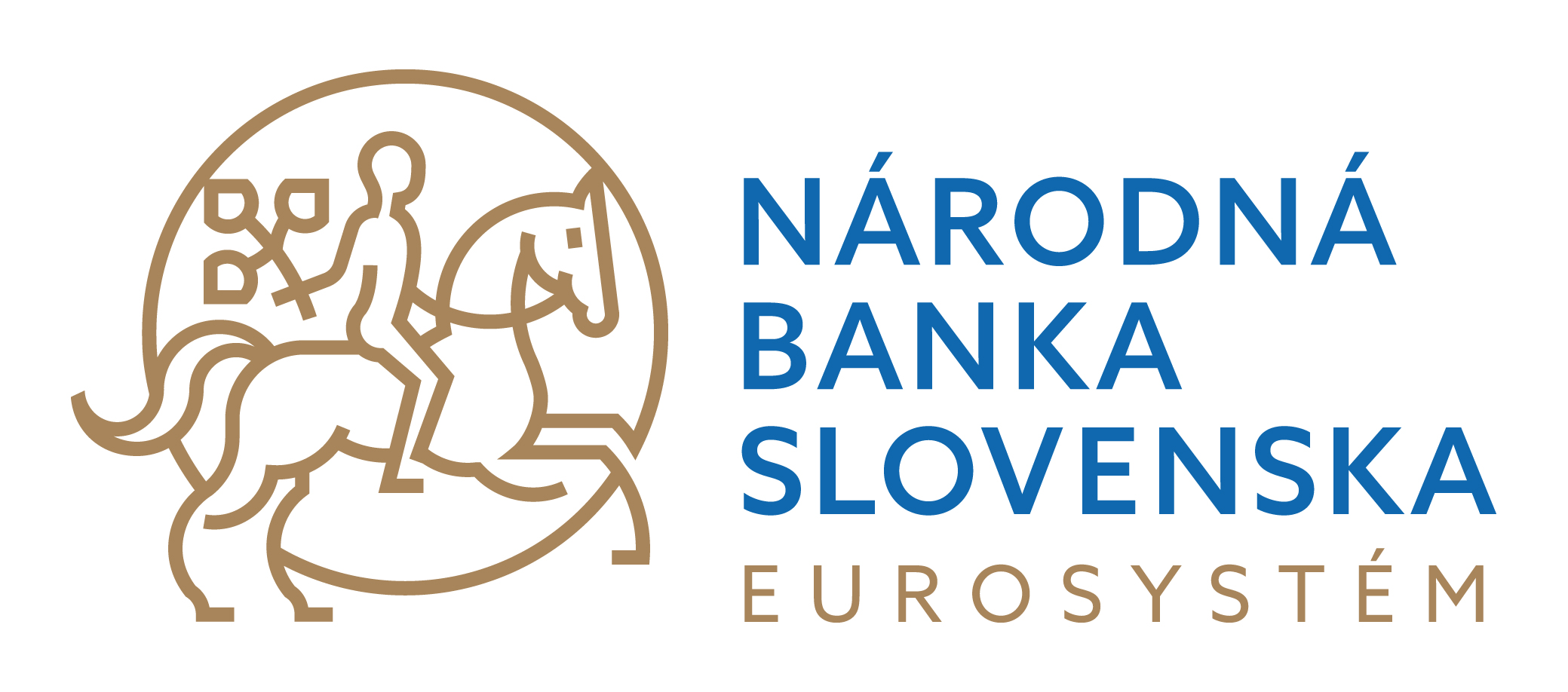Abstract
To understand the effects of automation and other types of technological changes on European labor demand, we use a framework and empirical decomposition of observed changes in the total wage bill in the economy developed by Acemoglu and Restrepo (2019). The decomposition is derived from a task-based model that allows us to study the effects of different technologies on labor demand. At the center of the framework is the task content of production|measuring the allocation of tasks to factors of production. Automation, by creating a displacement effect, shifts the task content of production against labor, while the introduction of new tasks in which labor has a comparative advantage improves it via the reinstatement effect. Overall effects are country-time specific and call for an empirical exploration. We apply the decomposition to 15 European countries with good data coverage in EU KLEMS database.












